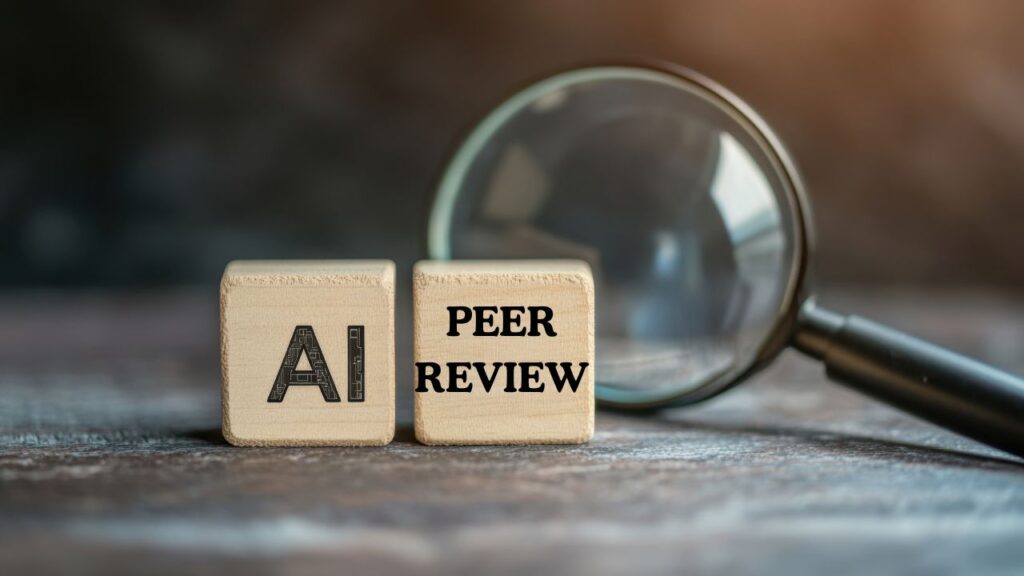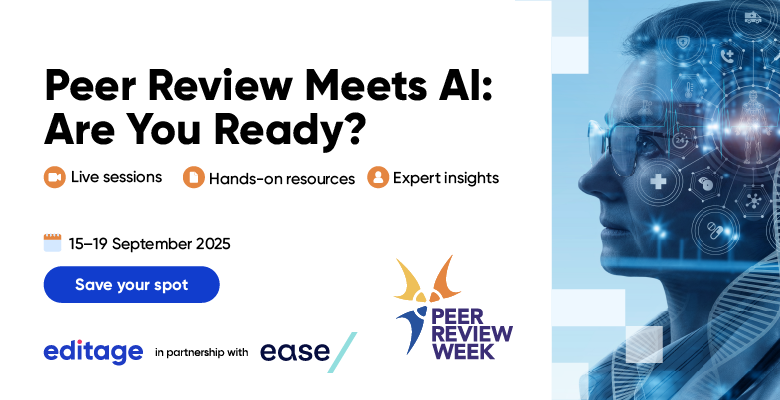Highlights from Peer Review Week 2022 Day 1: Perspectives on research integrity shared by Elizabeth Bik and Mike Streeter

We kicked off the Peer Review Week 2022 celebrations (Sep 19-23), powered by Editage and Researcher.Life, with an exciting panel discussion: “Perspectives from the academic trio: A deep dive into research integrity issues and challenges faced by authors, editors, and reviewers” on Sep 19. With the panelists being stalwarts like Dr. Elisabeth Bik, independent research integrity specialist, Michael Streeter, Director of research integrity and publication ethics at Wiley, and Christopher Leonard, Director of strategy and innovation at CACTUS, it was no wonder that the conversation delved deep into the intricacies of identifying and dealing with research integrity issues. In case you missed the insightful discussion, this post will cover some of the highlights of the session.
Christopher Leonard started the discussion by quizzing the panelists about the sophisticated technologies available to facilitate unethical practices like inappropriate image manipulation and plagiarism. He asked them what journals and publishers are doing to prevent research fraud. Michael Streeter responded to this by stressing the need for collaboration among researchers, institutions, and publishers in this direction. He felt that it is important to be collaborative around sharing resources and examples of such malpractices, generating awareness about them. Streeter also pointed out that journals and publishers “need to be in a position to enable screening to support peer review throughout the process and throughout the workflow” and make sure that their editorial staff has “a preventative mindset as opposed to one that is reactive” when dealing with research integrity issues.
In response to the same question, Dr. Elisabeth Bik recommended addressing the root of the problem by “taking steps to remove some of the strong incentives that are being put on scientists to publish.” Putting too much of emphasis on publishing positive results can make it tempting for scientists to use digital technology to manipulate images or results and use unfair means to succeed, she said.
One of the many interesting questions Christopher asked the two panelists was if the available tools make it easy for scientists to fake results in their manuscripts, is it better to consider other means of communicating research in the future instead of manuscripts? Michael Streeter responded to this by saying that more transparent systems like open peer review might be the way forward to uphold research integrity, while Dr. Bik suggested that moving from large studies to smaller ones that focus on a single result or experiment might make it easier to understand, review, and reproduce the results.
Another interesting observation that Dr. Bik shared was that most peer reviewers do not review with the mindset that a paper could be fraudulent – they tend to trust other authors. Their objective is usually to identify flaws in a paper, assuming it is honest, and give feedback on improving it. According to her, it would not be fair to expect unpaid reviewers to detect malpractice in papers. She suggested that publishers and journals should be more accountable for checking research fraud and should consider using teams of specialists to identify potential malpractices. “I think having the process more open where anyone could peer review a paper…More eyes on a paper are only going to make the paper better…I’m very much in favor of a group of people looking at papers, each with their own expertise,” she said.
We have come more exciting events lined up for the rest of the days. For the details of the upcoming sessions and to register for them, sign up right now!





